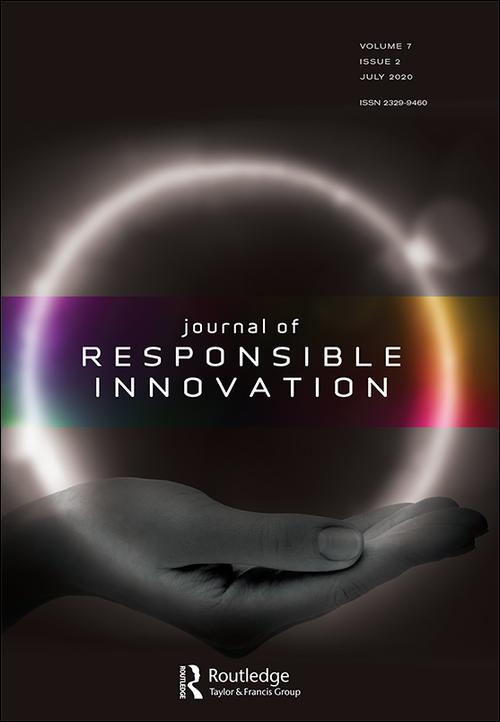
Arguing In Europe
This week here in Europe we have seen an argument develop within and beyond the EU about COVID-19 vaccines. The EU has accused AstraZeneca of not fulfilling its contractual obligations to the block, as it has not (or cannot) provide the block with the amount of vaccines it promised.
The British press have started to suggest the EU are going to stop the vaccines getting to the UK, with part of the problem being that according to the International Federation of Vaccine Manufacturers, about 76% of major vaccination manufacturing capability lies in Europe, most within the EU.
Now the EU is threatening to block exports from factories in the block until they have their vaccines that they say they have been promised.
This will not only affect the British, who I think are the target for this proposal, but I can only presume many parts of the world. And vaccine availability was anyway (to say the least) unevenly distributed.
To what degree can this be seen as a technological problem? Or an open science problem? From the technological perspective I think the answer is plain to see. The path chosen to get out of the COVID pandemic is what we in my world call a technological fix, in this case a vaccine that has been developed using cutting edge technology in a very short time. As a previous post explained, these vaccines use synthetic biology techniques, read more here.
A Ray of Hope
Each company can only produce so much of the final product. But in another breakthrough, this week a competitor has decided to start producing AstraZeneca’s vaccines for them in one of their facilities. A breakthrough! Cooperation!
If Sanofi (the French manufacturer that is going to join in) then why can’t others? And not only in Europe obviously. Across the globe.
The European concentration of production and wealth leads to massive discrepancy in availability across the world. According to the People’s Vaccine Alliance, data shows that rich nations representing just 14 percent of the world’s population have bought up 53 percent of all the most promising COVID-19 vaccines so far.
The alliance says that nearly 70 countries will only be able to vaccinate one in 10 people against COVID-19 next year unless urgent action is taken by governments and the pharmaceutical industry to make sure enough doses are produced.
So it appears to me that this kind of technological fix benefits some people more than others. But I ask myself if this has to be the case. Couldn’t other facilities be pressed into action across the globe to use spare capacity to produce more vaccines? Couldn’t this be done in the name of humanity rather than profit?
Cooperation in a time of crisis?
